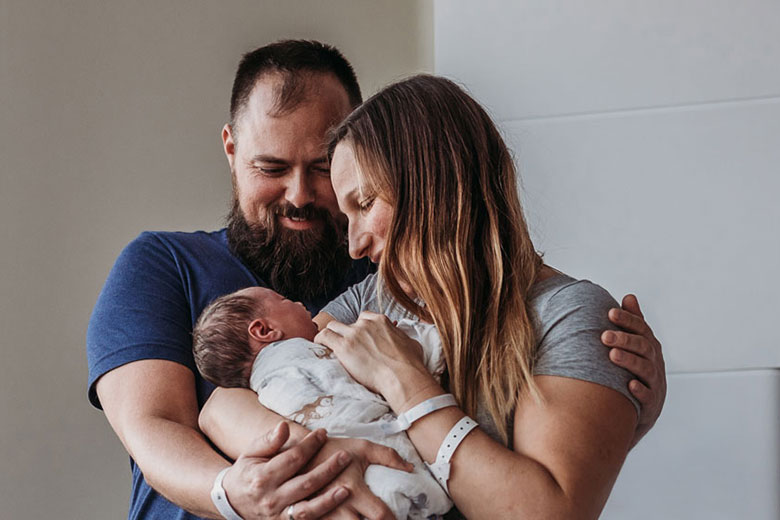Pelvic Floor Rehabilitation
Restoring Strength, Function and Confidence
Urinary incontinence (loss of bladder control) and pelvic pain are not a normal part of aging — and they should not be ignored. Conditions such as vaginal birth, prostate surgery or radiation treatment can lead to pelvic floor dysfunction, but effective, non-surgical treatment is available.
The American Urological Association recommends conservative approaches, such as pelvic floor muscle rehabilitation, before considering medication or surgery. At Exeter Hospital, our highly trained physical therapists specialize in evaluating and treating pelvic floor conditions to help patients regain comfort, strength and independence.
Conditions We Treat
Our pelvic floor rehabilitation providers care for both women and men with a wide range of diagnoses, including:
- Urinary Incontinence – stress or urge incontinence, including post-surgical or post-childbirth
- Nocturia & Overactive Bladder – frequent urination at night or urgency throughout the day
- Fecal Incontinence – loss of bowel control
- Constipation & Voiding Issues – related to muscle or soft tissue dysfunction
- Pelvic Pain – nerve pain, muscle spasm, pain after radiation, or pain with intercourse
- Pregnancy & Postpartum Recovery –
- Injury to ligaments or joints
- Recovery after cesarean section
- Muscle and joint pain
- Leg cramps and edema
- Back and neck pain
- Tingling in hands or feet
- Diastasis recti (abdominal separation)
- Restoring fitness, strength and comfort after delivery
Treatment Approach
Pelvic floor rehabilitation is highly individualized. Our therapists use evidence-based strategies to retrain muscles, reduce symptoms and improve quality of life. Treatments may include:
- Pelvic Floor Education: Learning the role of the pelvic floor and how to correctly activate the right muscles, often with EMG biofeedback or electrical stimulation
- Bladder Training: Education on proper voiding habits and identification of muscle dysfunction
- Bladder Diary: Tracking foods, fluids and habits that affect bladder function
- Manual Therapy & Exercise: Improving pelvic stability and addressing musculoskeletal dysfunction of the lower back, pelvis and hips
- Abdominal Muscle Re-Training: Supporting proper healing, core stabilization, and recovery after injury, surgery, or childbirth

